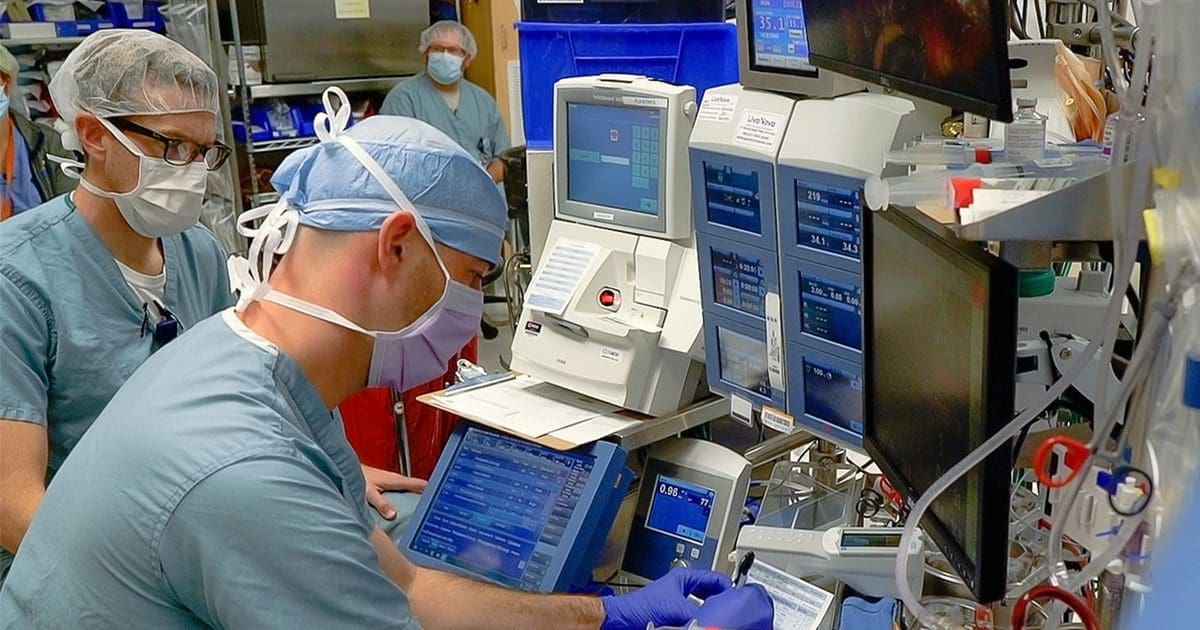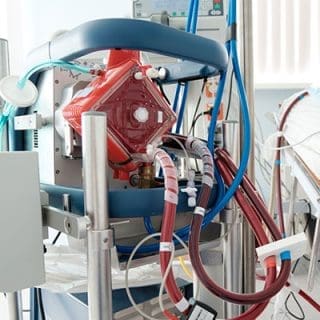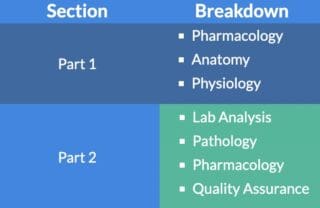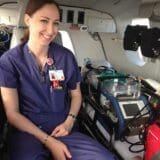How to Become a Cardiovascular Perfusionist?

 How to Become a Cardiovascular Perfusionist?
How to Become a Cardiovascular Perfusionist?
Perfusionists are trained professionals that perform life-saving procedures in the operating room during open-heart surgery. In order to work as a cardiovascular perfusionist, a solid and informed background in biology, anatomy, mathematics, and other sciences is highly recommended. In the United States, there are currently 18 schools that offer perfusionist programs.
At Vivacity Perfusion, we have taken the struggle out of looking for a cardiovascular perfusion job and partner expert perfusionists to hospitals around the United States in need. From VADs, ECMO, cardiac cases, and XVIVO lung transplants, our team is at the front lines of today’s most technological cases. Vivacity Perfusion changes the way you staff perfusionists and ECMO specialists.
Let’s go into the details about how you can become a cardiovascular perfusionist. If you are a licensed perfusionist looking for placement, you can contact us here.
Becoming a Cardiovascular Perfusionist
Working as a cardiovascular perfusionist will have you under many high stressful situations that require you to have a high degree of skill and judgment as well as being intensely detail-oriented. A cardiovascular perfusionist will have a passion for helping others and for the medical field. While becoming a perfusionist does not require you to attend medical school, furthering your education beyond college is necessary.
In order to become a cardiovascular perfusionist, you will need to obtain a bachelor’s degree in a field of science such as biology, science, or human sciences. The next step is to graduate from an Accredited Perfusion Technology Program or approved program of Extracorporeal Technology. While there are only 18 perfusion schools in the United States, this may require you to relocate to attend one of these schools. It is highly recommended to obtain an internship or work in medicine throughout your time in school as well as this will benefit you immensely. Finally, you must receive a certification through the American Board of Cardiovascular Perfusion (ABCP) to become a certified clinical perfusionist (CCP).
To get certified, the American Board of Cardiovascular Perfusion requires that you have at least 75 supervised perfusions accomplished after you graduate from the perfusionist program of your choosing. The ABCP offers a certification examination twice a year. The test consists of a writte n section and a multiple-choice exam that covers 11 subjects. The ABCP as well requires that perfusionists get recertified every year. To maintain your certification, you must complete a minimum of 40 cases of clinical activity and receive 15 hours of continuing education credits every three years.
n section and a multiple-choice exam that covers 11 subjects. The ABCP as well requires that perfusionists get recertified every year. To maintain your certification, you must complete a minimum of 40 cases of clinical activity and receive 15 hours of continuing education credits every three years.
Career Opportunities
Cardiovascular Perfusionist jobs are in high demand and are continuing to rise. There is a projected 12% increase in the field, which is continuing to increase. Job openings and staffing for perfusionists are growing due to the number of people aged 65 and older developing cardiovascular disease and requiring open-heart surgery. The average median salary is $124,000 and requires four to six years of higher education.
ECMO is also used in the following situations:
- For patients recovering from heart and lung failure
- For support during high-risk procedures in the cardiac catheterization lab
- As a bridge for patients awaiting a lung transplant, the ECMO helps keep tissues well organized, making the patient a better candidate for a transplant.
Final Notes
Becoming a cardiovascular perfusionist is a challenging but rewarding job. With hard work and dedication, you can become a perfusionist. Vivacity Perfusion was founded by a licensed perfusionist himself who imagined a better way of doing business and

aims to build long-term relationships with their perfusionists as well as hospitals that we work with. If you are looking to join one of the top leading perfusion teams, connect with Vivacity Perfusion today.



